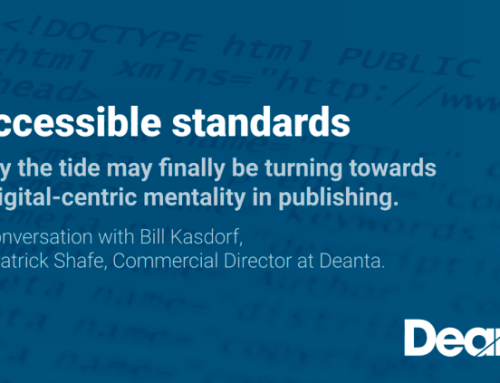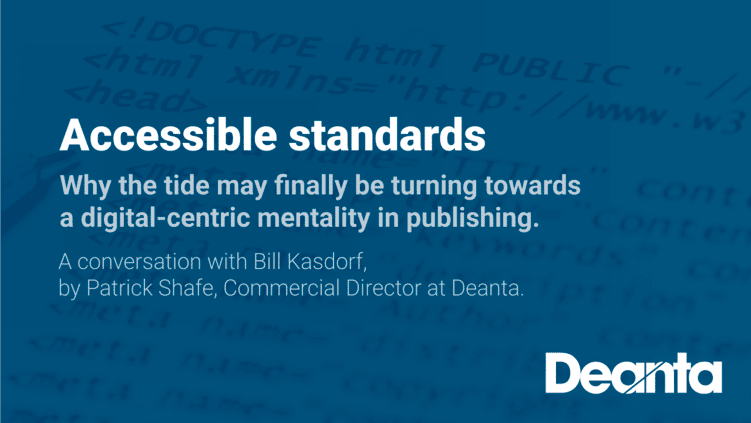The quality of book metadata, or information about a title, can dictate its market success. But why aren’t publishers applying it with best practice principles in mind?
As with most things digital, publishers have been slow to adapt. Neglect of metadata was discussed comprehensively in this Publishing Perspectives blog way back in 2011, but the fact it’s still topical means the industry hasn’t really taken heed.
While still rated as purveyors and producers of content, publishers can no longer claim to be innovators. They depend heavily on technology services, such as title management software, to organise and run their businesses and meet the challenges of the digital age. Some technology companies cite their metadata services as the crown jewel of their company product portfolio. It seems that now tech companies are the ones to watch when it comes to restyling bookselling.
It is an underrated fact: the more details publishers provide about their books, their topics and their authors, the more books will sell. The reason for this centres on a key term: discoverability.
Metadata is critical for discoverability, marketing and sales, and digital platforms use it to their advantage. For example, Amazon and Google have APIs that give web and app developers access to publisher metadata, so the better your metadata is, the better chances your books have of being discovered and bought in an e-commerce environment.
No such thing as too much book metadata
Nowadays, the business of books no longer begins and ends with ISBN numbers: books must be found by computers as well as people.
While those in the book business are familiar with providing bibliographic data for their titles, enhanced metadata provides marketing information to the entire publishing supply chain. It can also be used in algorithms and keyword-rich content to categorise books, making connections and recommendations with other content in the process. With hundreds of thousands of new titles published every year, metadata helps consumers discover their next good read. The ability to make suggestions based on preferences is revolutionising the business of bookselling by enabling publishers to build a profile of customers with the sole intention of giving them more of what they want.
Metadata defined
Core metadata is the essential operational data that publishers and distributors need in order to list and sell an eBook. Databases commonly include fields such as ISBN, title and sub-title, category, author, contributors and digital rights management.
Enhanced metadata also called marketing-related metadata, has been viewed as optional in the past. It includes information such as description, author bios and Q&As, excerpts, images, reviews and multimedia. Too often an e-book will be listed for sale with some or all of these fields missing.
Enhanced metadata hasn’t been widely used, but it is growing in importance as retailers and publishers look for better ways to sell books online.
Link between better metadata and better sales
Publishers can’t bemoan poor sales if they neglect to submit full metadata about their titles into their databases. Too many are leaving fields empty, missing out on prime opportunities to up sell related titles, according to a 2016 study by Nielson Book. This laissez-faire attitude to how titles are categorised is actually damaging to a publisher’s profitability since it prevents their titles being found.
ONIX for Books is an XML format for sharing bibliographic data pertaining to both traditional books and eBooks. Not all retailers use the enhanced fields in ONIX, but more will begin to as publishers populate these fields with valuable information. Amazon and Google have APIs that give web and app developers access to publisher metadata, so the better your metadata is, the better chances your books have of being discovered and bought.
Developers of newer generations of ONIX have responded by offering more fields for data input. New functions also include the ability to link print and eBook ONIX entries, catering to two well-known market segments, to capitalise on sales of both.
Metadata – more than just admin
While metadata might not be the most glamorous aspect of literature, digitisation is making it critical for discoverability, marketing and sales. For your next publication (or if you’re inspired to retrospectively overhaul your previous titles), consider inputting as much metadata as possible, as it could be the difference between a diminishing return and a surprising uptick in sales at the end of the year.












